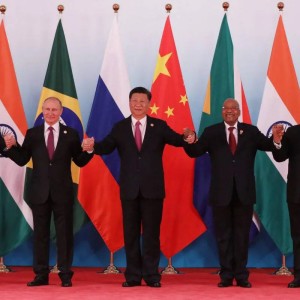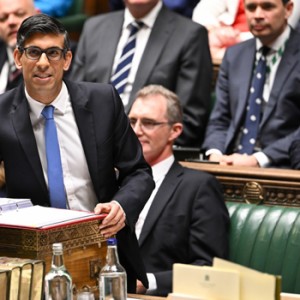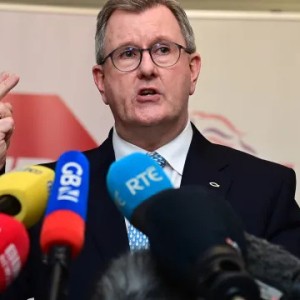Oil prices edged higher on Monday in a volatile session as investors waited for any moves against Russian oil and gas exports that might come out of a meeting of leaders of the Group of Seven (G7) nations in Germany.
Brent crude futures rose $1.12, or 1%, to $114.28 a barrel by 10:53 a.m. ET (1453 GMT), while U.S. West Texas Intermediate crude was up $1.33, or 1.3%, at $105.85 a barrel.
Both contracts closed down for the second week in a row on Friday as interest rate hikes in key economies strengthened the dollar and fanned recession fears.
The prospect of even tighter supplies loomed over the market as western governments sought ways to cut Russia's ability to fund its war in Ukraine, even though G7 leaders were also expected to discuss a revival of the Iran nuclear deal, which might lead to more Iranian oil exports.
Members of the Organization of the Petroleum Exporting Countries and their allies including Russia, known as OPEC+, will likely stick to a plan for accelerated oil output increases in August when they meet on Thursday, sources said.
The producer group also trimmed its projected 2022 oil market surplus to 1 million barrels per day (bpd), down from 1.4 million bpd previously, a report seen by Reuters showed.
But for now, pressing supply worries outweighed growing concerns over the potential for a global recession following a string of downbeat economic data from the United States, the world's biggest oil consumer.
OPEC member Libya's national oil company said on Monday it might have to halt exports in the Gulf of Sirte area within 72 hours amid unrest that has restricted production.
G7 leaders, who began their meeting on Sunday, are expected to discuss options for tackling rising energy prices and replacing Russian oil and gas imports, as well as further sanctions that do not exacerbate inflation.
The G7 leaders of Britain, France, the United States, Germany, Japan, Italy and Canada, were also having "really constructive" talks on a possible price cap on Russian oil, a German government source said.
A French presidency official said Paris would push for a price cap on oil and gas and was open to discussing a U.S. proposal.
"It's unclear whether a price cap will achieve this outcome," Commonwealth Bank of Australia analyst Vivek Dhar said in a note.
"There's still nothing stopping Russia from banning oil and refined product exports to G7 economies in response to a price cap, exacerbating shortage conditions in global oil and refined product markets."
The G7 will also discuss the prospect of reviving the Iran nuclear talks after the European Union's foreign policy chief met senior officials in Tehran to try to unblock the stalled negotiations, a French presidency official said on Sunday.
However, worries of rising U.S. production held back further gains. U.S. energy firms last week added 10 oil rigs, the third straight week of gains, according to data from Baker Hughes.
Markets also awaited clarity on when inventory and other data would be available by the U.S. Energy Information Administration (EIA) after it did not release the information last week due to server issues.Source:
ReutersImage Source:
Pixabay














